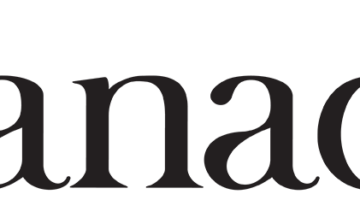
A company developing means to detect disease and monitor drug response has raised more than $20 million in a round of venture capital financing.
Cambridge, Massachusetts-based Glympse Bio said Tuesday that it had raised $22 million in a Series A funding round, co-led by ARCH Ventures and LS Polaris Innovation Fund. Existing investors GreatPoint Ventures, Heritage Provider Network and Rivas Capital participated, along with new investors Yonghua Capital, Inevitable Ventures, Charles River Ventures and Gilead Ventures. The company previously raised $6.6 million in a seed round in 2015, which Kiran Mazumdar-Shaw at Biocon India and Theresia Gouw at Aspect Ventures led.

With the Rise of AI, What IP Disputes in Healthcare Are Likely to Emerge?
Munck Wilson Mandala Partner Greg Howison shared his perspective on some of the legal ramifications around AI, IP, connected devices and the data they generate, in response to emailed questions.
The company is developing in vivo sensing technology designed to be transported to the site of disease in patients, examine diseased tissue’s biological activity and then emit a signal that can be detected through urine. The lead indication the company is pursuing is non-alcoholic steatohepatitis, or NASH, a disease estimated to affect more than 100 million people worldwide and 15 million people in the US. The company added that it has signed multiple collaborations in NASH with pharmaceutical companies.
NASH is an an advanced form of non-alcoholic fatty liver disease, which can potentially lead to life-threatening cirrhosis. As its name suggests, it results not from alcohol consumption, but from being overweight or obese, having insulin resistance of Type 2 diabetes, high levels of lipids in the blood and metabolic syndromes, according to the National Institute of Diabetes and Digestive and Kidney Diseases.
According to a market forecast report in August from ResearchAndMarkets.com, NASH is projected to become the leading cause of liver transplantation in the US in the coming years. However, it said that poor diagnosis of the disease due to the lack of ideal diagnostic technologies will limit the growth of the market. That market was valued at $1.17 billion last year and is expected to grow to $21.47 billion by 2025. Another report by the same research firm last month projected that the therapeutics and diagnostics market would grow at a 25 percent annual rate between this year and 2023, driven by the rising prevalence of people with diabetes and obesity.
Photo: Sakramir, Getty Images












